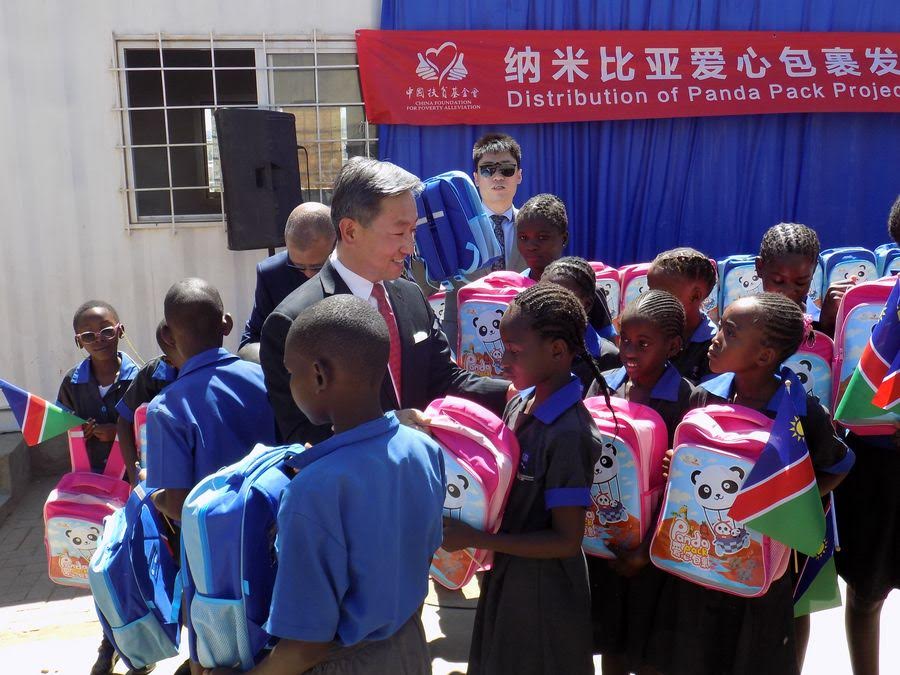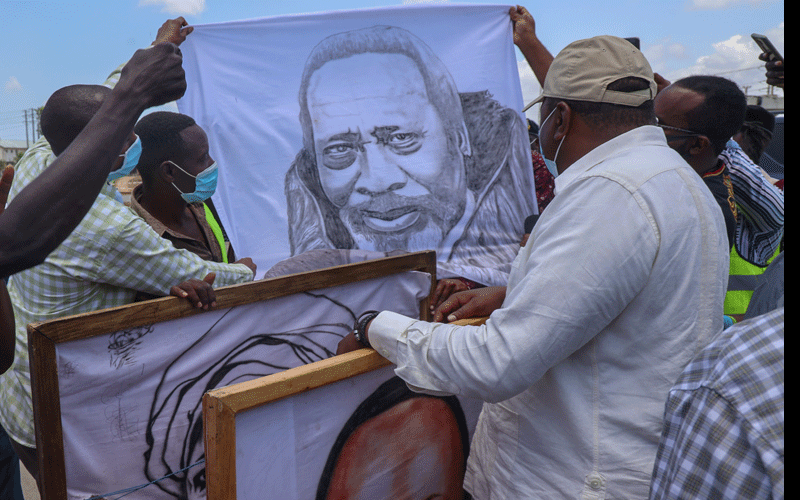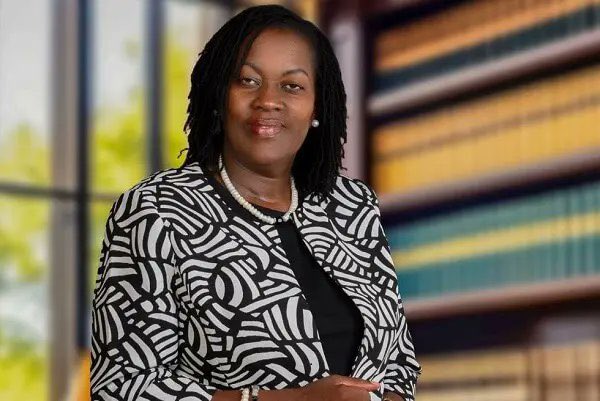Tough balancing act as children return to school

2020 has taken a toll on many communities both socially and economically.
Kenya is no different, as it had had to face uncertain times even as the government tries its best to address the impacts of Covid-19.
Further, just as country is easing into the new normal, there is speculation as to the possibility of a second wave of the virus, which could ultimately make a grim social situation worse.
Parents are the latest victims to this uncertainty, as they now have to deal with the challenges of sending their children back to school.
The messaging from the Ministry of Education further compounds this challenge, with many criticising some ministry officials for their hasty and uncoordinated communication.
The latest information from the ministry seeking to have some students back to class in a matter of days has caught many parents off guard.
Many parents are lamenting that they may not be able to meet back-to-school financial demands, seeing how the pandemic has impacted their economic initiatives.
In fact, the intimations that parents will have to pay more to meet the costs of enforcing the schools’ health protocols will likely plunge many parents into economic hardships.
For others however, there is the question of their children’s safety. Schools were closed initially to preserve health and lives of the young ones.
It was also a means to curb virus spread within the community. Gathering children within the school setting will, therefore, expose them and by extension, their families to the virus.
It is for this reason that parents are concerned about the health and safety measures being put within the school environment.
Experience from other countries indicates that Kenya is not the only one at crossroads on its return to school formula.
In particular, there is scanty and contradictory research on how children of different age groups catch and spread the virus.
How they interact with each other across age groups in school and at home is also an area of concern in the wake of new infections.
Latest reports from France indicate only older children are required to wear masks in class and in the playground.
In Japan, children attend school on alternative days to ensure classes are not crowded. Social distancing is effectively managed during lunch hour and children undergo daily temperature checks.
At regional level, there are countries with lax health and safety measures where both children and their caregivers are not required to wear masks or wash their hands regularly.
It is, therefore, clear that there is no one-size-fits all mechanism for re-opening of schools.
It also appears each country has been left to decide on its best course of action and no government can guarantee that schools will re-open safely or that children will be free from infection.
For this reason, Kenya is embarking on a cautious approach towards the reopening of both the schools and the economy.
The recent communication from the education ministry speaks to this approach where only children in Grade Four and Class Eight and Form Four will resume physical learning.
During this period, both students and caregivers in school will be required to wear facemasks, observe social distancing and have temperatures monitored regularly.
Schools are required to have quarantine centres and be linked to the nearest health facilities.
Those schools that were hitherto used as quarantine centers should also be fumigated before children resume learning.
Perhaps of comfort, is that responsibility to oversee schools compliance with the health demands has been given to boards of management and the schools’ leadership.
Our children must eventually return to school and adapt to the new normal.
As these processes unfold, it is imperative we support each other and ensure the best social and academic outcomes for the younger generations.
Moving forward, the current challenges with the ministry’s communication, schools’ infrastructural financing and parents’ financial uncertainties should be addressed in a way that promotes children’s best interests.
— The writer is an Advocate of the High Court and comments on topical issues









